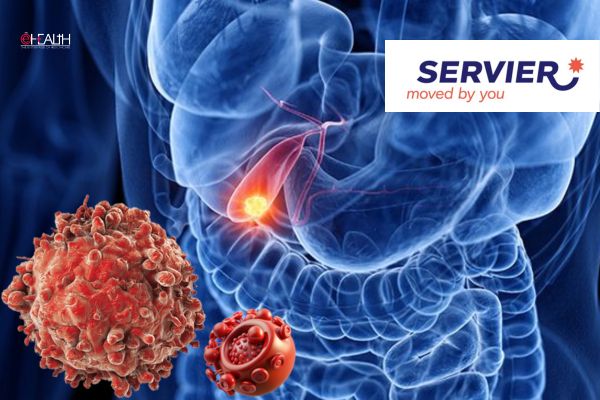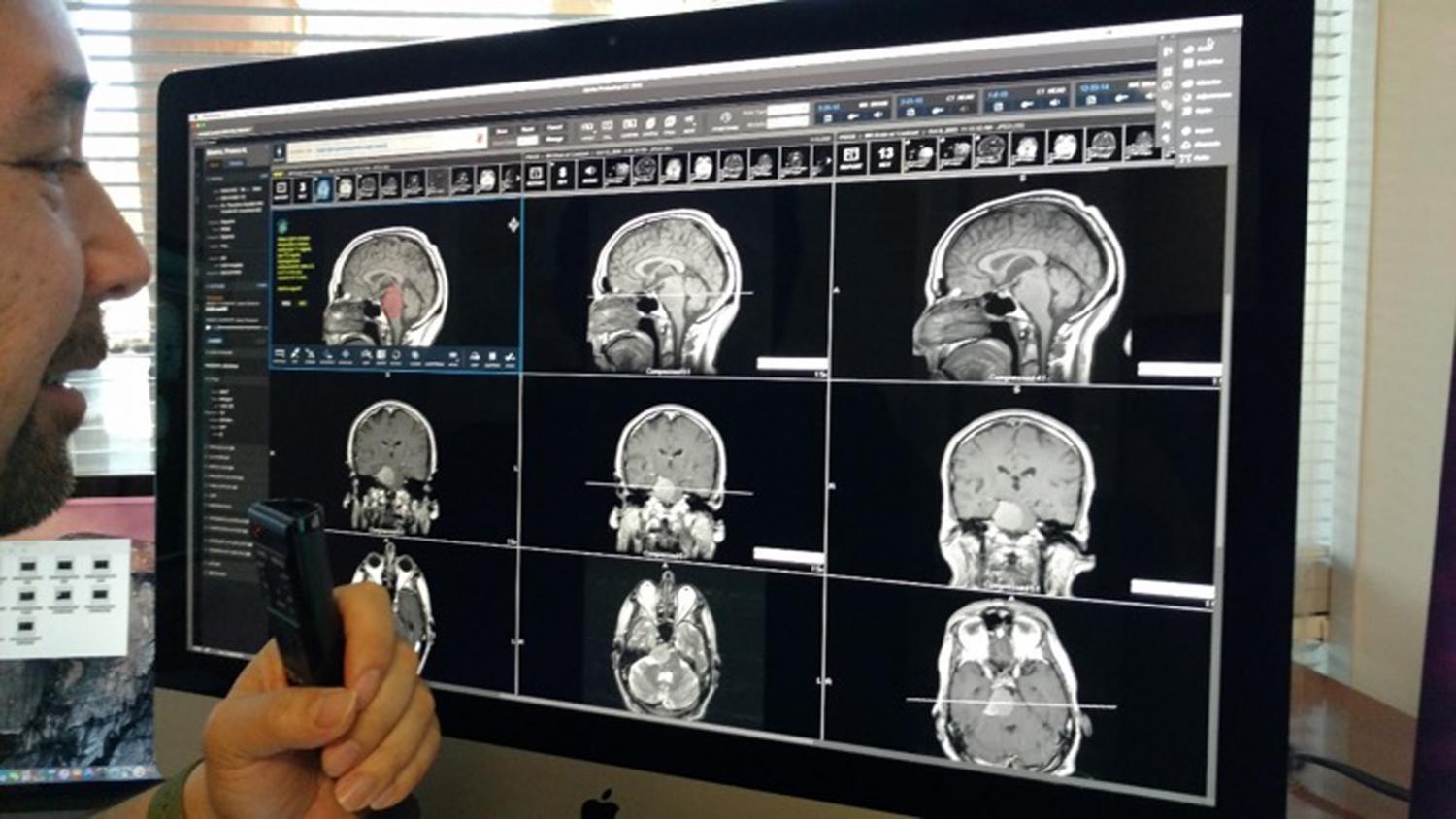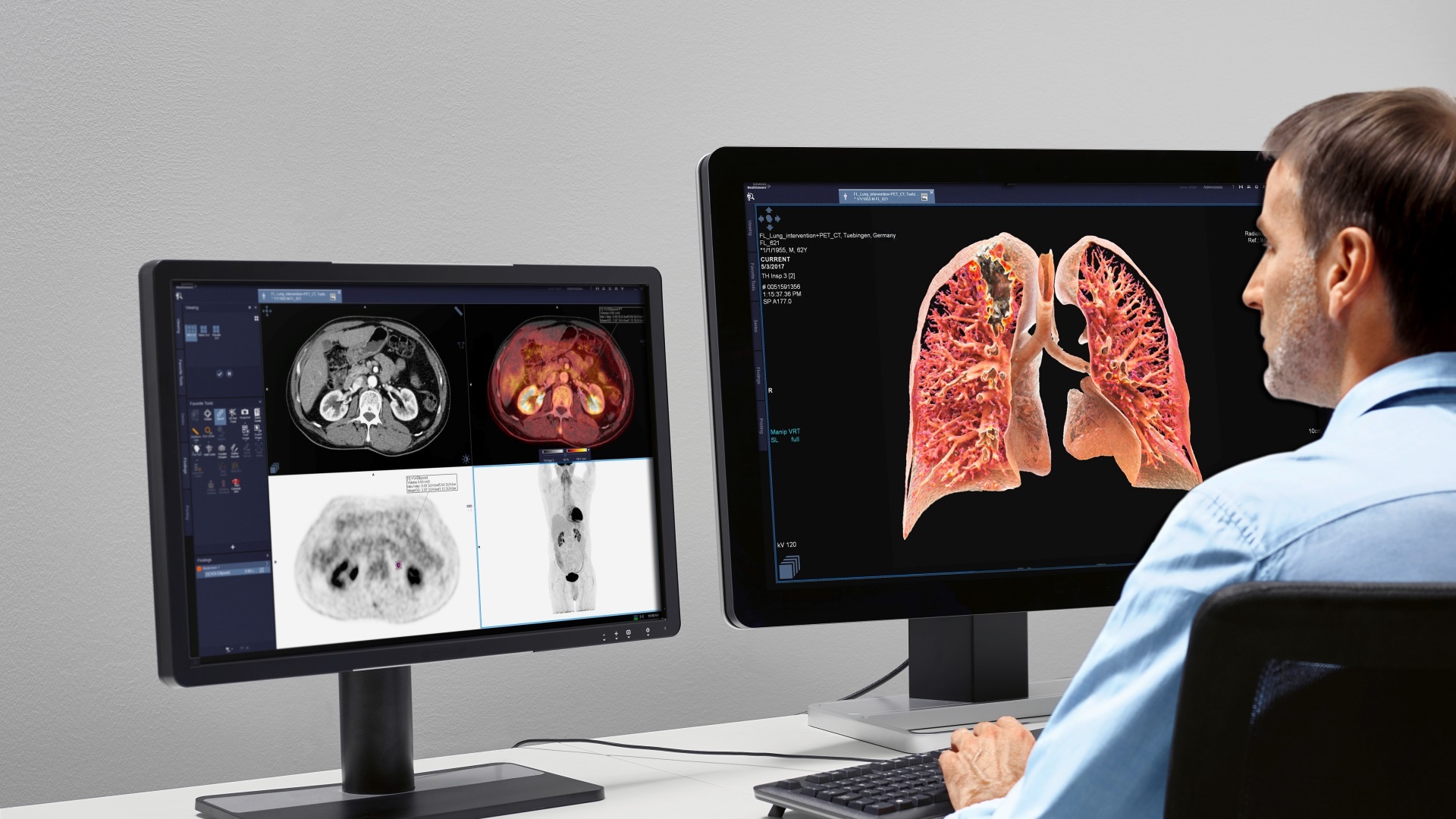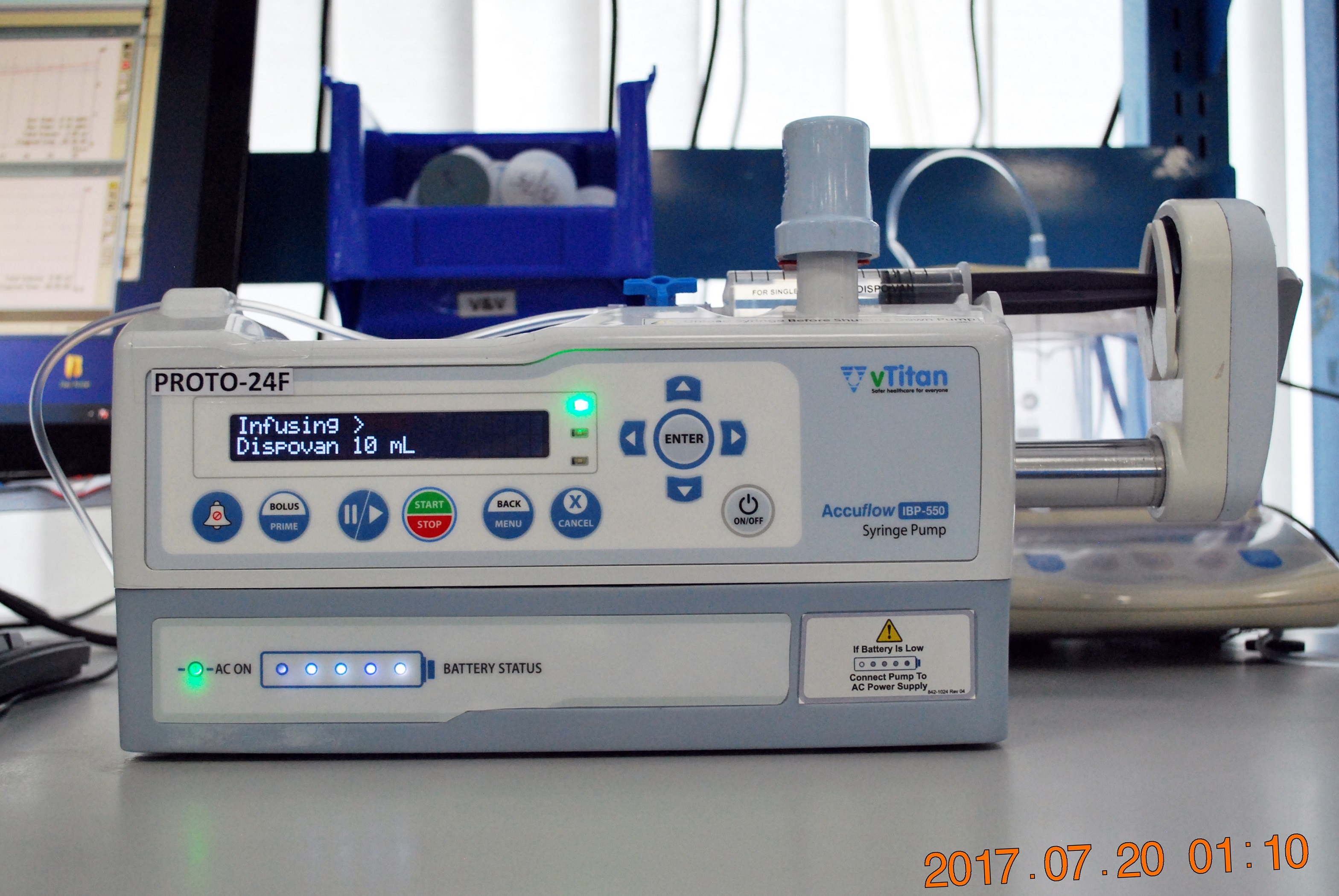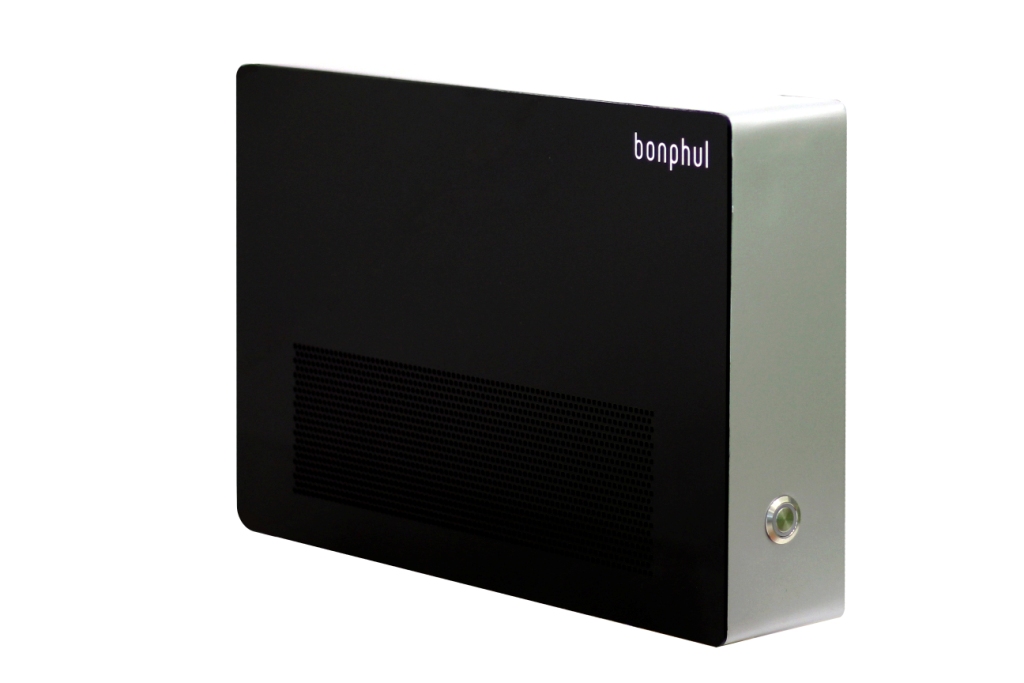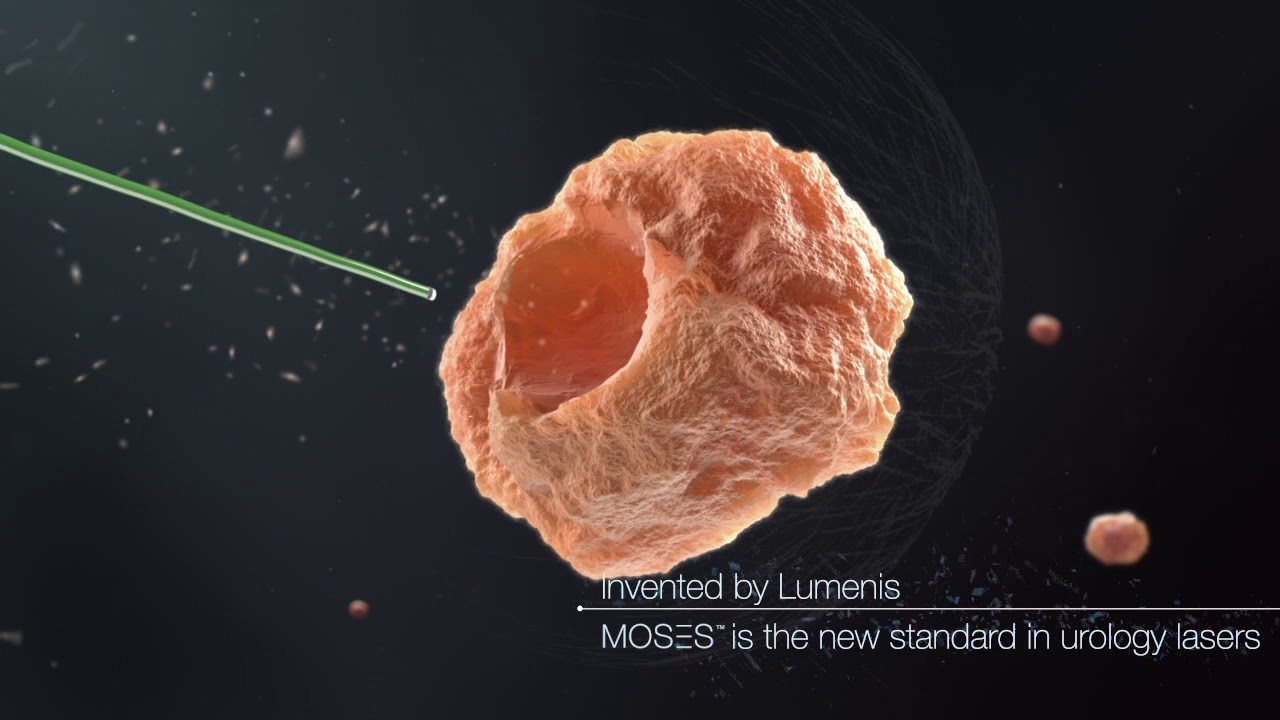
 St Jude Medical, Inc. a global medical device company, announced the launch of the Accent MRIâ„ pacemaker and Tendril MRIâ„ lead. The new pacemaker and lead allow patients to undergo full-body, high-resolution magnetic resonance imaging (MRI) scans to accommodate patients current and future medical needs.
St Jude Medical, Inc. a global medical device company, announced the launch of the Accent MRIâ„ pacemaker and Tendril MRIâ„ lead. The new pacemaker and lead allow patients to undergo full-body, high-resolution magnetic resonance imaging (MRI) scans to accommodate patients current and future medical needs.
MRI scans are important because they can provide imaging information to better uate the presence of certain diseases that may not be adequately assessed with other imaging methods, such as X-ray or ultrasound. Each year approximately one million pacemakers are implanted worldwide, and it is estimated that up to 75 percent of pacemaker patients could benefit from MRI scans during the lifetime of their devices.

The new Accent MRI pacemaker system is an advanced pacing platform that provides wireless telemetry and algorithms to address individual patient conditions, with the added benefit of MRI conditional scanning capability.
The system features an MRI Activatorâ„ device that provides a simple alternative option for programming the device to the appropriate MRI mode for use during the scan. A single button press on the handheld MRI Activator device can be used to program the specific device parameters to be used during the MRI scan. These parameters are pre-selected by the patient’s physician and stored in the Accent MRI pacemaker.

Built on the proven Tendril lead platform, the pacing lead offers unique design advantages for safe, MRI-conditional scanning. The thin diameter makes it easier for physicians to implant, as it retains the handling characteristics of the well established Tendril platform of pacing leads. In addition, the lead features Optimâ„ lead insulation, the first silicone-polyurethane co-polymer material created specifically for cardiac lead use. The Optim insulation is designed for long-term reliability, while providing physicians with better flexibility and handling to facilitate device implantation.
The Accent MRI pacemaker has several features that simplify patient management. These features include AutoCaptureâ„ Pacing System technology that measures the heart’s reaction to pacing beat-by-beat, and the VIPâ„ algorithm that enables the heart’s intrinsic rhythm to prevail when appropriate, thereby reducing unnecessary ventricular pacing.

Cardiac pacemakers are used to treat bradycardia, which is a heart rate that is too slow. These devices monitor the heart and provide electrical stimulation when the heart beats too slowly for each patient’s specific physiological requirements.
Carestream Health earns 47 US patents for advances in radiology, dental and molecular products

Be a part of Elets Collaborative Initiatives. Join Us for Upcoming Events and explore business opportunities. Like us on Facebook , connect with us on LinkedIn and follow us on Twitter , Instagram.
"Exciting news! Elets technomedia is now on WhatsApp Channels Subscribe today by clicking the link and stay updated with the latest insights!" Click here!







